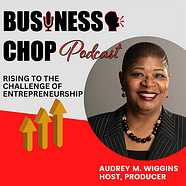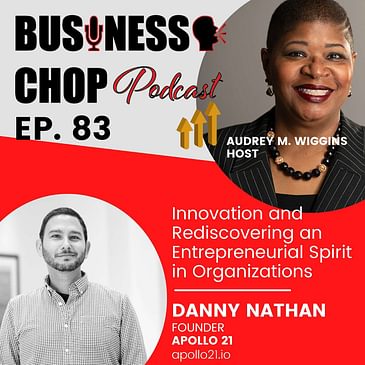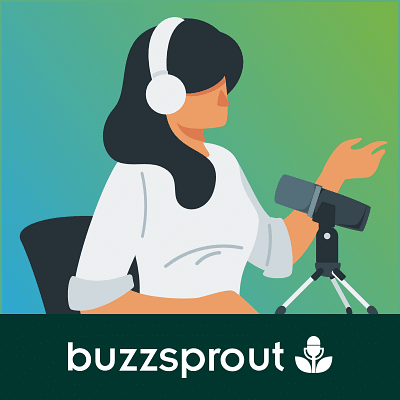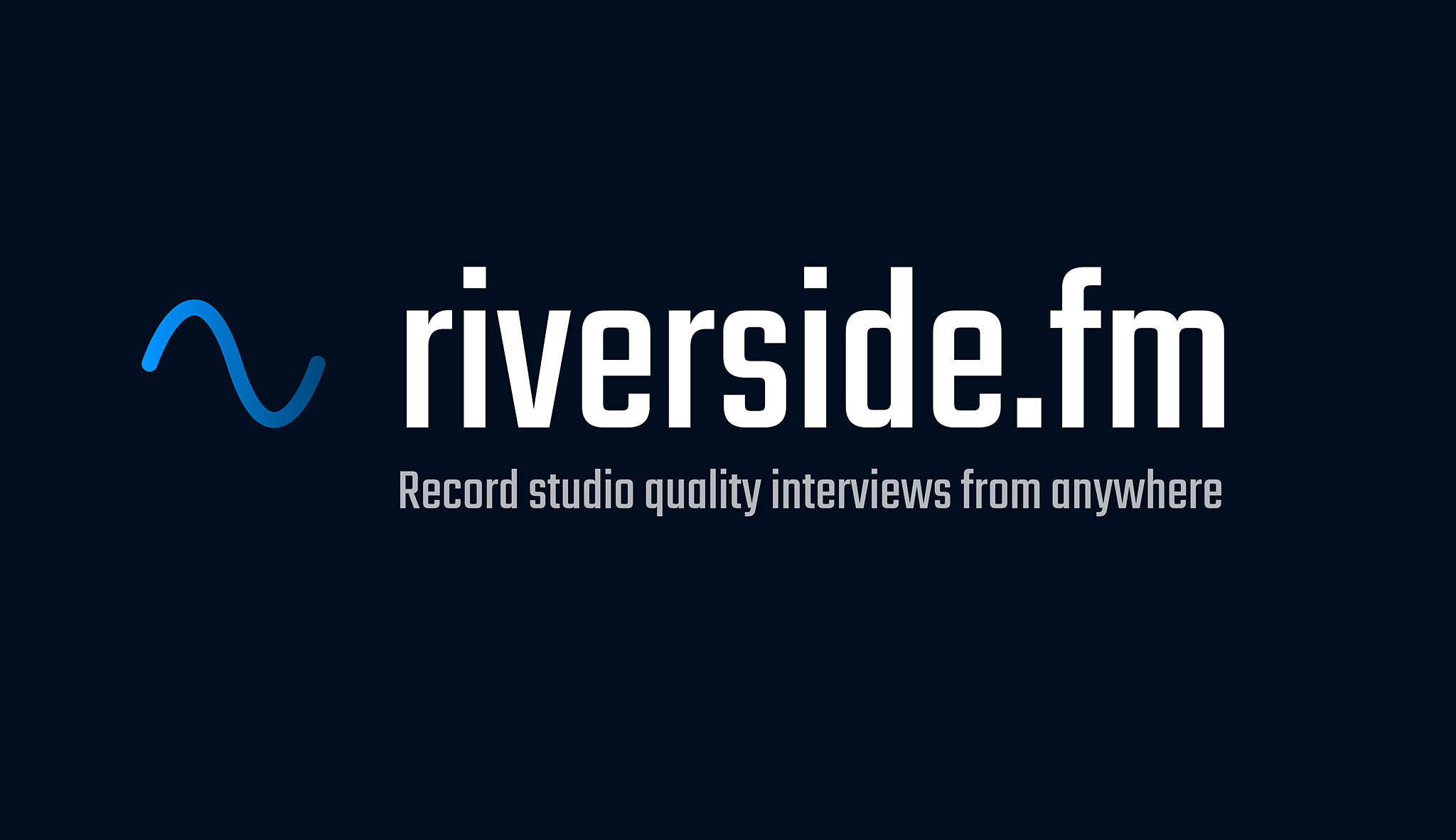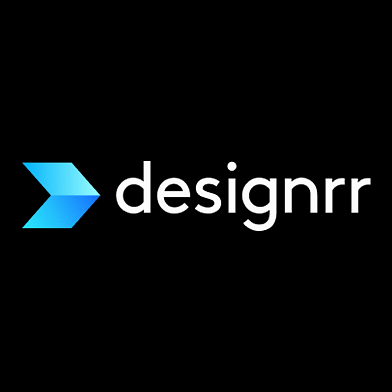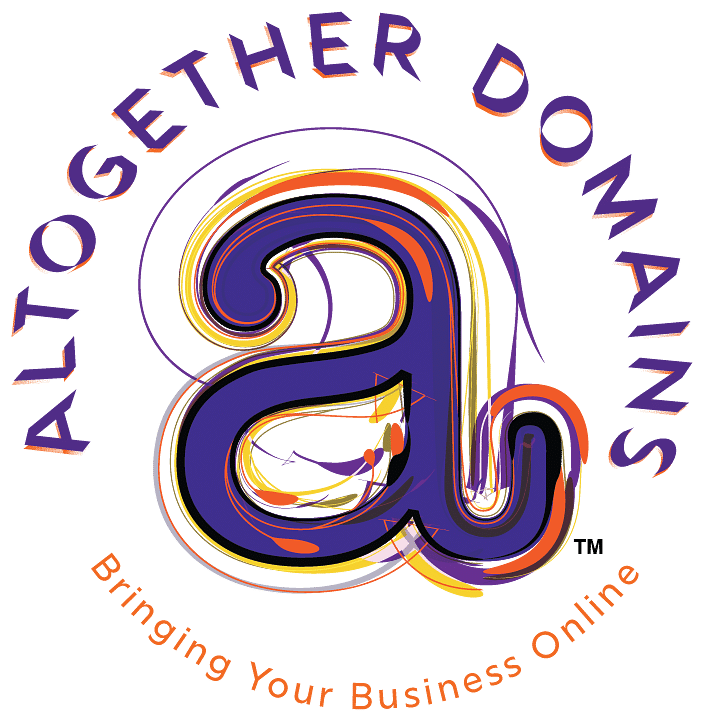Join Audrey "Tech Diva" Wiggins on the Business Chop Podcast as she sits down with Danny Nathan, the visionary founder of Apollo 21. In this episode, Danny shares his journey from the worlds of advertising and acting to becoming a prominent figure in the realm of management consultancy and product development.
Danny discusses the unique nature of Apollo 21, a hybrid entity that merges the best aspects of management consultancy, product design, and venture creation. He highlights the importance of fostering an entrepreneurial spirit within organizations, emphasizing the critical role of top-down support and a culture that embraces experimentation and learning from failure.
Listen in as Danny explains how Apollo 21 came to be, stemming from his previous dual role that combined technological support for portfolio companies. Launched officially in April 2021, Apollo 21 operates with a fully distributed team, working globally to balance client projects and internal innovations.
Discover how skills from Danny’s acting career translate into effective business presentations and meetings, and get a glimpse into the daily operations of Apollo 21. Whether you’re an executive looking to spark innovation or an entrepreneur seeking insights, this episode is packed with valuable takeaways on cultivating an entrepreneurial mindset.
Tune in for an inspiring conversation that underscores the significance of maintaining entrepreneurial spirit in organizations of all sizes, and learn how you can implement these principles of innovation in your own professional journey. Stay connected with the Business Chop Podcast for more insightful episodes!
Visit Apollo at apollo21.io
Listeners can enjoy an extended FREE TRIAL of Apollo's Meeting Cost Calculator platform https://meetingcostcalculator.com with code EXTENDTRIAL21
Buzzsprout - Let's get your podcast launched!
Start for FREE
Designrr for eBooks, Blogs
Create eBooks, Blogs, Lead Magnets and more!
Riverside.fm Your Own Virtual Studio
Professional Virtual Studio
Altogether Domains, Hosting and More
Bringing your business online - domain names, web design, branded email, security, hosting and more.
Digital Business Cards
Let's speed up your follow up. Get a digital business card.
Small Business Legal Services
Your Small Business Legal Plan can help with any business legal matter.
Get Quality Podcast Guests Now
Keep your podcast schedule filled with quality guests from PodMatch.
Disclaimer: This post contains affiliate links. If you make a purchase, I may receive a commission at no extra cost to you.
Please Rate & Review
Visit Our Parent Company Altogether Marketing LLC
Register for our Elevating the U in Entrepreneur virtual business summit
